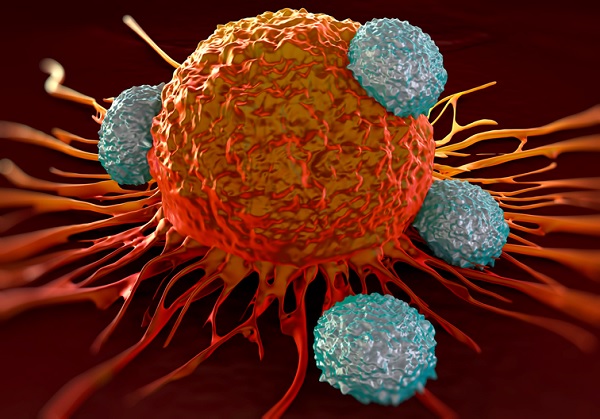ASCO to shine light on CAR-T developments

Pharma companies are beginning to unveil data they will publish at this year's American Society of Clinical Oncology (ASCO) conference – and it looks like CAR-T therapies could take centre stage.
Novartis and Kite have CAR-T (chimeric antigen receptor T-cell) therapies under review in the US for blood cancers, and the conference in Detroit early next month may shed more light on this potentially revolutionary therapy class.
CAR-T therapies involve harvesting a patient's T-cells and modifying them to attack targets on cancer cells, offering potential cures in very sick patients.
However, there are drawbacks as the therapies can put the immune system into an 'overdrive' state, producing fearsome side effects and causing deaths on some trials. The treatments are also likely to be very expensive.
Novartis has opted to present data for its CTL019 - a candidate currently under review in diffuse B-cell lymphoma, later in June at the International Conference on Malignant Lymphoma.
This will leave rivals Bluebird, Kite and Juno to make their case for their CAR-T contenders.
Safety will be a major concern as Kite Pharma has already revealed that a trial patient died from brain swelling after treatment with KTE-CL19, the therapy under review with the FDA.
Kite will provide an analysis of how biomarkers influenced outcomes in the ZUMA-1 trial of KTE-C19, also known as axicabtagene ciloleucel, in aggressive non-Hodgkin Lymphoma.
Juno will hope to draw a line under similar safety issues that caused it to ditch development of its JCAR015 following a string of clinical trial deaths last year.
Seattle-based Juno, which has a decade-long CAR-T partnership with Celgene, will present data for its JCAR017 and JCAR014 candidates.
These target CD19, a protein expressed on the surface of almost all B-cell malignancies, including non-Hodgkin lymphoma, chronic lymphocytic leukaemia, and acute lymphoblastic leukaemia.
Bluebird is developing its BB2121 in blood cancer with Celgene, which is in phase 1 development for relapsed/refractory multiple myeloma.
The company will present data from the study with follow-up data building on existing findings, as well as safety and efficacy data from an additional nine patients.
Chief medical officer David Davidson said the data will advance the company’s understanding of its risk-benefit profile and inform plans with Celgene for the dose expansion cohort of the study.
Outside of CAR-T, Novartis will publish updated analyses from the phase 3 MONALEESA-2 trial, which was pivotal in the approval of its Kisqali (ribociclib) in hormone receptor positive, human epidermal growth factor receptor-2 negative breast cancer.












